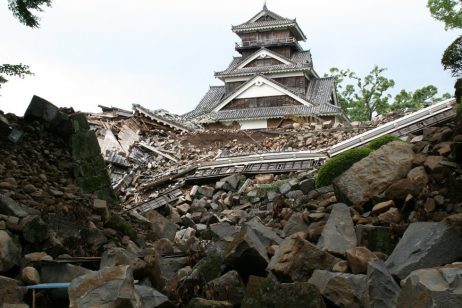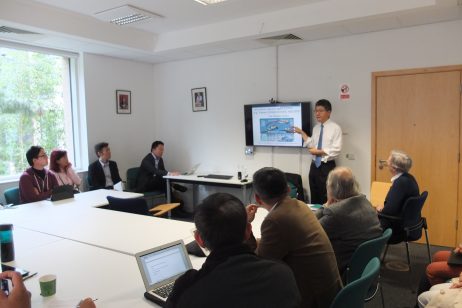26 September 2017
Kumamoto: Earthquakes and Art
In April 2016, Kumamoto Prefecture was hit by two massive earthquakes in two successive nights. The Contemporary Art Museum, Kumamoto, was damaged, but most of the artworks were saved, and it was able to reopen within a month as a cultural hub. Director of the Museum Takeshi Sakurai talked about his work there both before and after the earthquake, as well as the progress of reconstruction in Kumamoto more broadly.
詳細








